If you were looking for a beautiful new front door for your home 50 years ago, you had one choice of material: wood. Today, however, you have several attractive options for door materials. Steel and fiberglass entry doors have overcome their cheap images and now compete as equals with traditional wood doors. Steel doors no longer have that gray industrial look but fiberglass doors are where the door market has changed the most in recent years. Early fiberglass doors looked more like fiberglass boats or bathtubs than real wood doors. But all of that has changed in the last 10 years.
Not too surprisingly, the biggest advantage of modern fiberglass entry doors is they offer the look of real wood without the disadvantages. You can actually get a fiberglass door that can be stained to look exactly like a wood door. Even pros can't tell the difference unless they get really close. A relatively new technology called Accugrain, pioneered by Therma-Tru, exactly duplicates the grain of real mahogany or oak. Other fiberglass door makers such as Pella, Jeld-Wen, Stanley, Masonite and Plastpro are now doing the same thing with some of their fiberglass doors. You pay more for this wood-look technology, but you save as much as half off the cost of a real oak or mahogany entry door.
Wood doors will warp and twist over time because of moisture absorption. Fiberglass doors will never warp or rot in humid climates or cold conditions. Wood doors are almost constantly in need of refinishing and protection from the elements. Fiberglass entry doors need almost no maintenance, even less maintenance than steel doors. Eventually, despite technology's best efforts, steel doors will start to rust if they are not cared for. A lot can be done to inhibit rusting but you still need to maintain steel doors to keep them in like-new condition.
Another area of concern with any front door is security. Steel doors have the image of being the most secure of all entry doors but reality doesn't always support this image. You can take almost any knife or pointed object and punch right through the thin steel in most steel doors. You can't do this to a fiberglass entry door. If someone tries to kick in your front door, they may not get in, but they will undoubtedly dent the door if it is steel. Again, this won't happen with a fiberglass door. Fiberglass doors are just as secure as steel doors.
As far as energy efficiency is concerned, you can get thermally insulated versions of wood, steel or fiberglass entry doors. But fiberglass doors usually offer more cold weather advantages. Steel is a very bad heat insulator. If it is cold outdoors, you will be able to feel it on the inside of most steel doors. You may even get condensation forming on the inside of a steel door. Wood doors simply don't respond well to humidity and temperature changes. Sometimes wood doors warp and bow to the point where you have trouble closing them.
If you are on a really tight budget, your best option for an exterior door is probably still going to be a steel door. Steel doors are usually the least expensive exterior doors you can get for your home. Wood doors are the most expensive with fiberglass entry doors in the middle. Fiberglass doors are starting to enter the lower-end markets but steel entry doors are still your best bet when it comes to bargain entry doors.
But for those not on a strict budget, fiberglass is the way to go. It offers the best combination of performance, durability, value and security. Now fiberglass even rivals high-end wood entry doors for beauty.

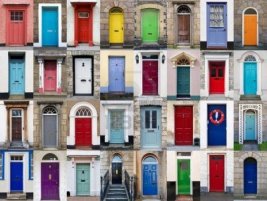




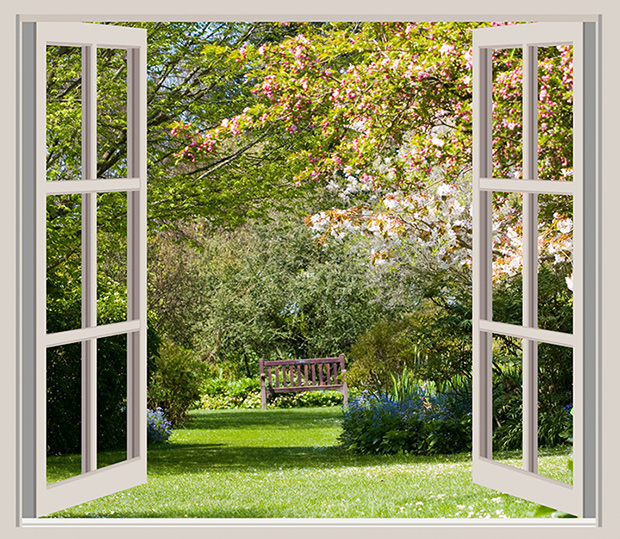
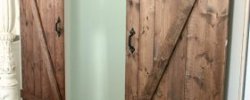

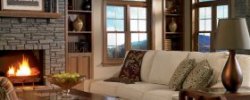

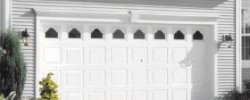
First sand off all the old paint layers, try to get down to all wood. Then, use a good oil based primer, and apply two coats, then once it is dried, I would use a color you like, make sure it is gloss or satin, as they do better with outdoor elements. Make sure the paint has at least 2 coats.